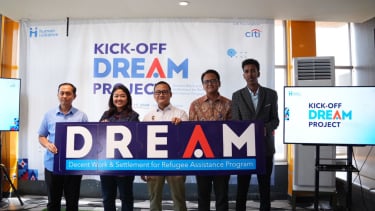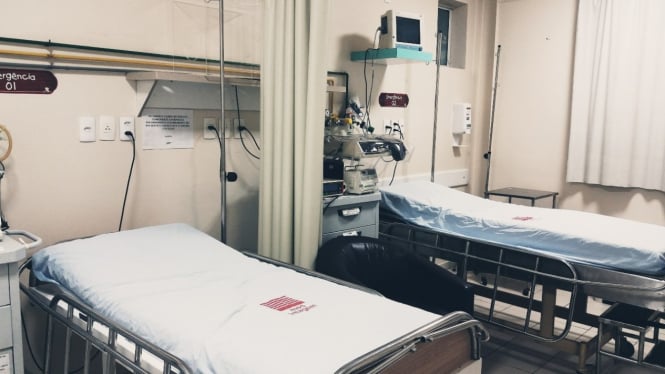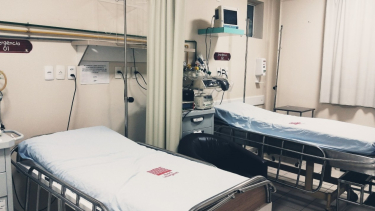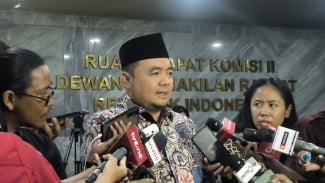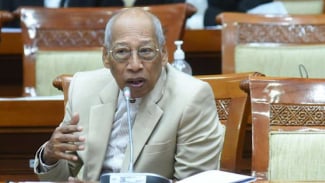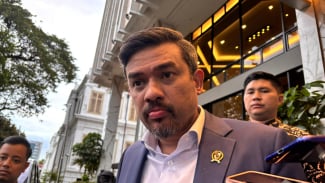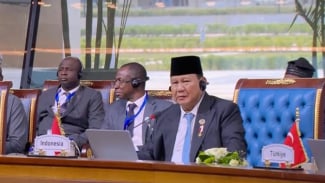Minister of Health Mentions Two Government Priorities from the Health Law
- Pexels/Sals
Jakarta – The Minister of Health of the Republic of Indonesia, Budi Gunadi Sadikin, stated that the government's priority in the Health Law is to improve access and quality of public health services and restore regulatory functions to the government.
"Through this Health Law, we want to make a drastic leap and learn from experience. A very high jump," said Budi Gunadi Sadikin in the FMB9 Dialogue on the Health Law, held virtually in Jakarta on Monday.
Budi stated that the COVID-19 pandemic has made many parties aware of various issues in healthcare services worldwide, including Indonesia.
This condition has prompted global initiatives to make significant changes in the national healthcare systems of each country.
"The government's priorities in the Health Law are twofold. First, we improve access and quality of public health services. Second, we want to regulate it in order to restore regulatory functions to the government," he said.
Several key programs included in the Health Law, according to Minister Budi, are the strengthening of promotive and preventive programs in primary care, a measurable financing sector focused on work programs, and equitable and sufficient distribution of healthcare human resources throughout the regions.
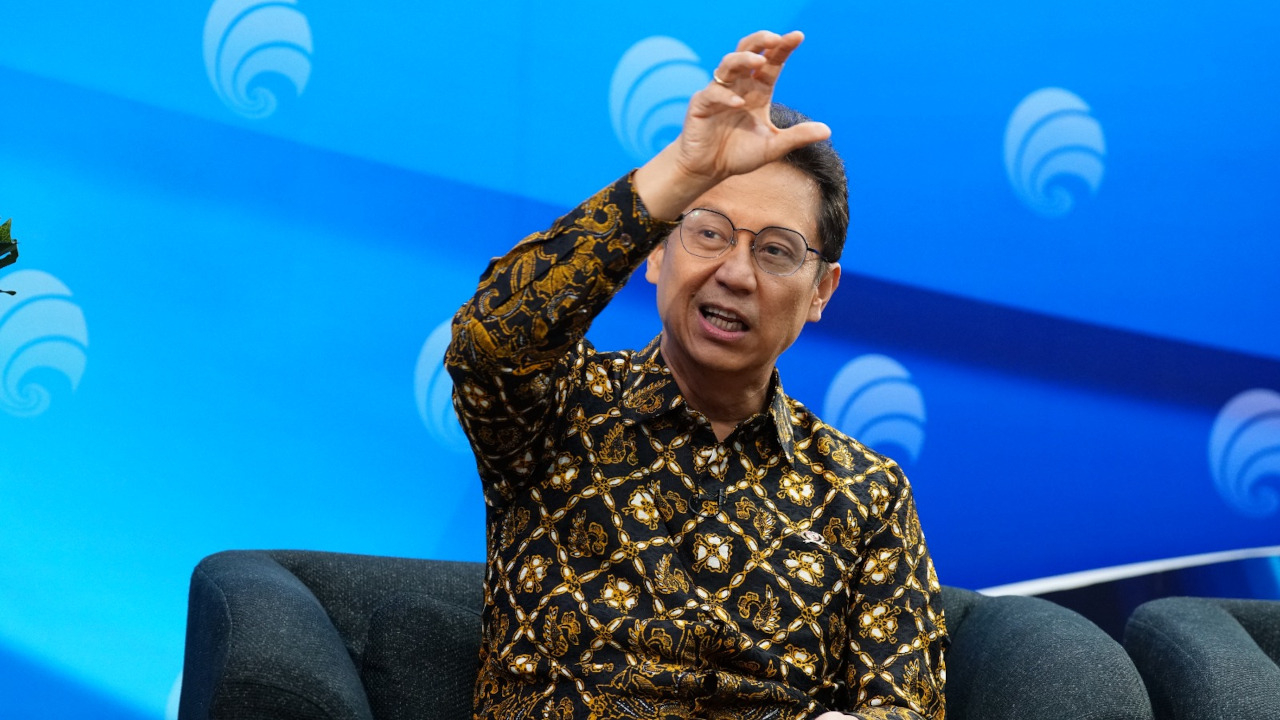
In the same event, Deputy Chairman of the Indonesian House of Representatives' Commission IX, Emanuel Melkiades Laka Lena, said that the Health Law changes the paradigm of healthcare services in Indonesia, shifting the focus from curative efforts to promotive and preventive measures.
"Previously, our energy, programs, expenses, and perspectives looked at Indonesians as needing to be sick before being treated. With this law, we want to invite the Indonesian people to be healthy and prevent them from easily getting sick," he said.
For that reason, the energy in the healthcare sector, in terms of budget allocation, is directed towards making the Indonesian people physically and spiritually healthy, added Melki.
In line with this, Health Policy Observer Prof. Amal C. Sjaaf stated that the Health Law, enacted on Tuesday (July 11th), is the third amendment based on adjustments in the healthcare environment.
"The last health law was in 2009. Before that, the law was in 1992, quite a long gap. The first Health Law was in 1960, five years after the first election," he said.
He considered that the dominant allocation of healthcare budgets to curative activities in the old Health Law was a misguided policy.
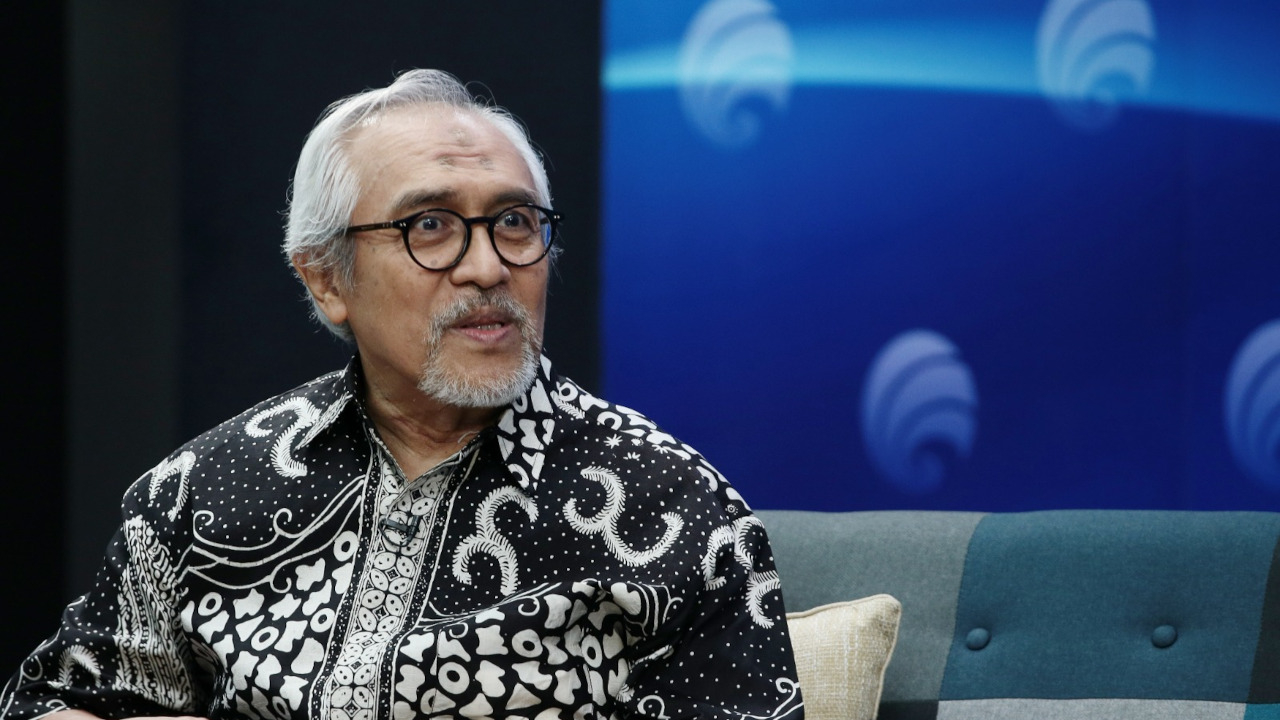
"The Presidential Regulation on the National Health System (SKN) has already stated that public health is the responsibility of the state, while individuals are covered by social insurance. However, the implementation does not align with what is written," he said.
According to the National Health Account report, Amal stated that 60% of healthcare financing is absorbed by curative programs, both by the public and the government.
"That's reversed. The focus should be on preventing healthy individuals from getting sick. This law brings us back to that by emphasizing primary care to keep people healthy and prevent illness," he said.
